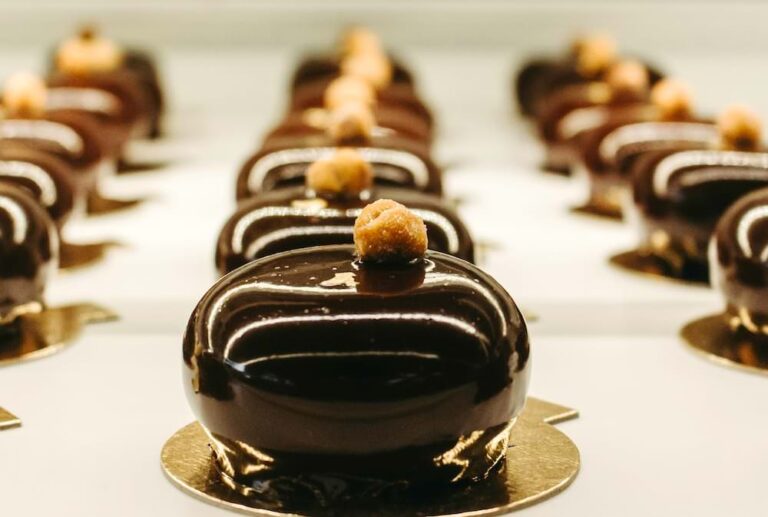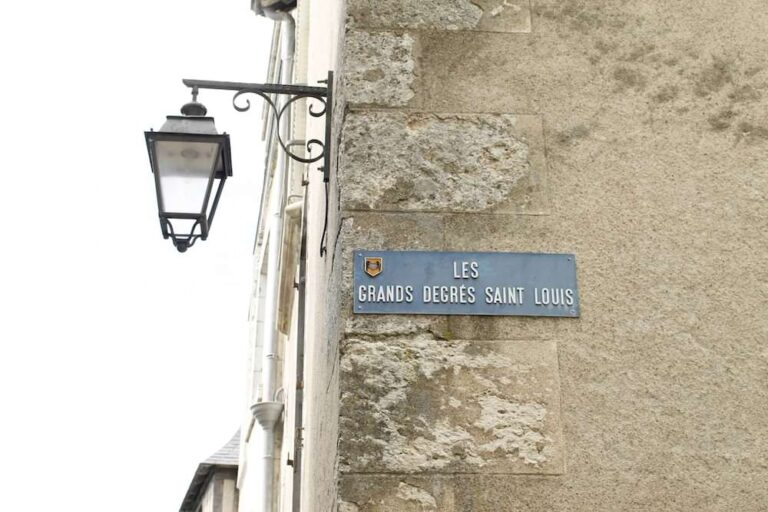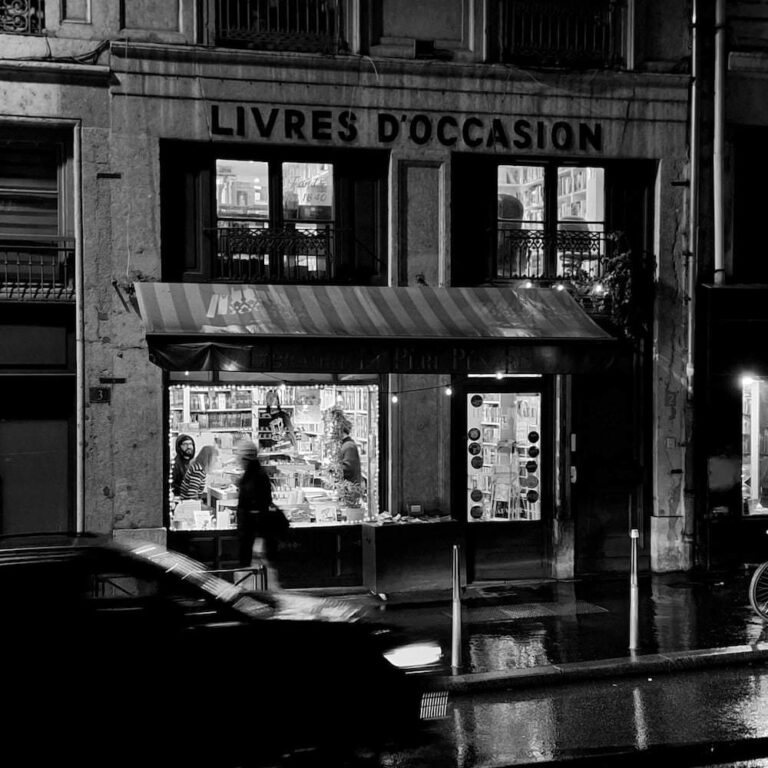peu + adjective or past participle
French uses peu as an adverb meaning “not very,” “hardly,” or “scarcely.” When placed directly before an adjective or past participle, it expresses a low degree of the quality described. It is common in both formal and informal speech. The construction applies to most adjectives without change in form. Meaning and use Peu placed before…









